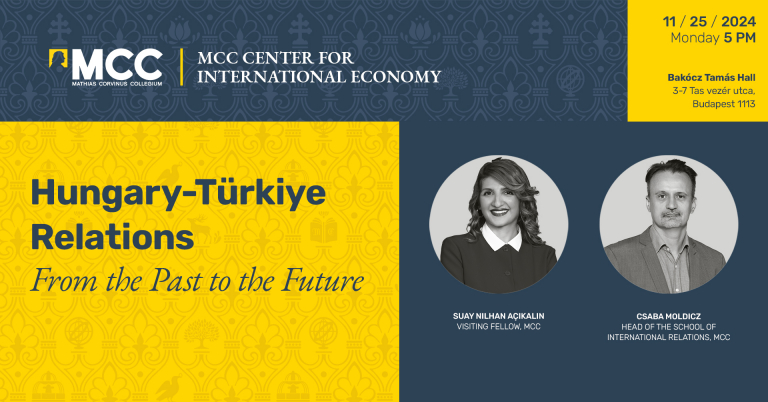This paper examines the documentary legal constitutions currently in force in which the phrase the ‘common good’ appears expressly on the face of the text. The paper is an exploratory study of this category of constitutions, aiming to provide answers to preliminary questions such as the extent to which the term is spread around the world, what role it plays in constitutions, and in what countries and conditions, and why, constitution-makers might have thought to include it. The paper is a precursor to more qualitative work on the implications of the use of the term for explanatory and normative constitutional theories on the relationship between the textual appearance of the common good in a constitution and the constitutionalism of that polity. This is intended to broader and deepen our understanding of the concept of common good constitutionalism by shedding light on the diverse internal conceptions of the common good that find expression in existing constitutions today.
The first part of the paper is quantitative and typological, organising the 41 legal constitutions that make explicit reference to the common good into categories that show: their years of enactment; the global region and continent to which they belong; the system of government and territorial organisation of the state they establish; the legal family to which they belong; the type of legal obligation (or other legal function) of the common good provision; to whom the common good provision is directed; whether the common good provision is declaratory or enforceable (and if so, whether legally or politically); and the broader ideological or normative context within which the common good provision is nested.
The second part of the paper is (somewhat more) qualitative and analytical, while remaining textual rather than contextual in its method of interpretation. Here the paper looks at where the common good provision is located within a constitution – most commonly in the dataset, within a preamble or a chapter on contrajudicative constitutional directives – and analyses the implications of that for the type of constitutionalism the system is likely to produce, or at least, the makers of the constitution intended to produce. The discussion considers the recent literature on constitutional preambles and contrajudicative constitutional directives. It points out that this literature, while otherwise original and sophisticated, has failed to adequately appreciate textual common good provisions as expressions in positive law of the technique of constitutional ordering in the classical legal tradition. In doing so, the paper hopes to open new pathways for future scholarship on common good constitutionalism as a conceptual framework for constitutional analysis in a changing and post-liberal world.
Guest: Asanga Welikala (University of Edinburgh)
Date: 26 November 2024, 5.00pm
Venue: Bp., 1113 Tas vezér utca 3-7., Hunyadi János
Registration: The Common Good and Comparative Constitutional Laws | MCC Feliratkozás
Research Seminar Series
- Martin Loughlin (London School of Economics): Against Constitutionalism
- Nigel Biggar (Univeristy of Oxford): What’s Wrong with Rights?
- John Wyatt (Faraday Institute Cambridge): Right To Die?
- John Larkin (former Attorney General for Northern Ireland): Judicial Power in the United Kingdom
- Michael Freeden (University of Oxford): Concealed Silences and Inaudible Voices in Political Thinking
----------------------------------------------
MCC students can earn credit for actively participating in the event, provided they complete the required reading and prepare three questions for the Q&A session of the research seminar.
Questions related to the required reading must be submitted to Kálmán Pócza at pocza.kalman@mcc.hu by 11:00 PM on November 24, 2024.
Required Reading: Please contact Kálmán Pócza to obtain the electronic version of the paper.
Submission Deadline: November 24, 2024, by 11:00 PM.



